Probate is a legal process that often seems intimidating and confusing, especially for those who have never dealt with it before. However, understanding the basics of probate can help ease some of the stress and uncertainty that comes with estate administration.
What Is Probate?
Probate is the legal process that validates a deceased person’s will, settles their debts, and distributes their assets to their heirs or beneficiaries. This process is overseen by a court, and the court-appointed executor or personal representative is responsible for managing the estate.
When is Probate Necessary?
Probate is usually required when a person dies with assets in their name that don’t have a designated beneficiary or co-owner. These assets include things like real estate, bank accounts, and investments. If the deceased person has a valid will, the probate court will ensure that the will is followed and that the assets are distributed according to the person’s wishes.
What are the Steps of probate?
The probate process can vary depending on the state and the complexity of the estate. However, there are several basic steps that are typically involved in the process:
- Filing the will with the probate court
- Notifying creditors and beneficiaries
- Inventorying and appraising the estate assets
- Paying debts and taxes
- Distributing assets to beneficiaries
Probate may seem like an intimidating and confusing process, but, by hiring an attorney with a great understanding of the fundamentals, you can navigate estate administration with greater confidence and peace of mind. If you’re facing probate it’s important to seek the guidance of an experienced attorney, like the ones at The Law Offices of A.K. Esquire. We will help guide you through the process and ensure that your loved one’s wishes are carried out.


